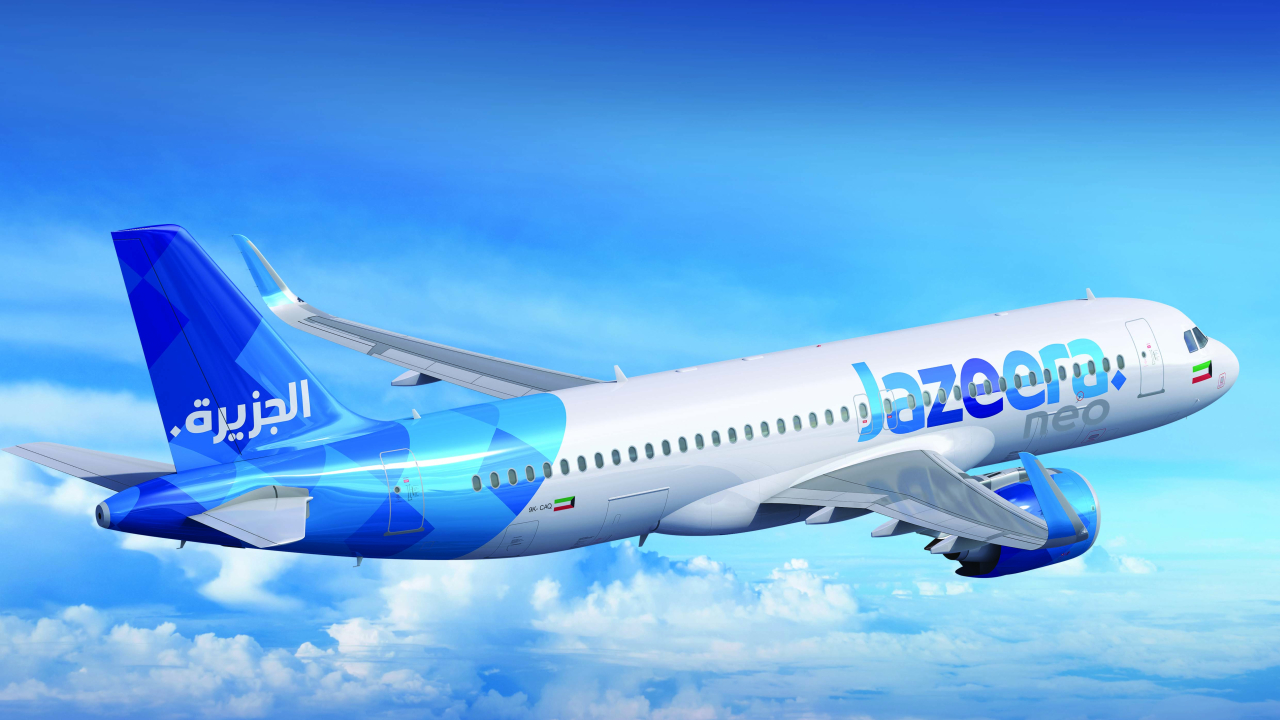Kuwait Airlines begins privatisation process against backdrop of analyst doubts

Kuwait has valued the airline share capital at $806.8m leading to expectations of a $282.4m cash injection for the newly formed holding company.
The 35% stake in the new Kuwait Airways Co. (KACNew) is not open to "Kuwaiti domiciled airline operators," the Privatization Committee of Kuwait Airways (PrivComm) said in a statement, detailing that only joint-stock companies listed on the Kuwait Stock Exchange or "specialised international companies" are eligible to participate in the sale. Candidates have until August 25 to submit their expression of interest.
Speaking to BBC World television. Arabian Aerospace editor Alan Peaford said it would be a major challenge for the Kuwaitis to find a buyer at the price they are expecting.
The airline has been losing money, has been obsessed by its ongoing legal battle with the Iraqis and has cancelled orders for new aircraft which means it will be at the back at the queue or facing large lease premiums if it is going to renew its aging fleet to meet competitive standards set by other Gulf carriers, he said.
European airlines – such as Lufthansa – with operations in the region could see the long term advantages. Some analysts say “KAC's turnaround potential is underpinned by a business plan that factors in the company's market opportunities and privileges and demonstrates its ability to operate as a profitable standalone airline." London’s Financial Times suggest these include a seven-year, 10% discount on fuel (on top of an existing, indefinite 10% discount offered to all airlines operating out of Kuwait), exclusive government business for seven years, and a five-year concession to provide ground services such as catering and passenger and cargo handling at Kuwait International.
Again there are questions about whether moves such as the fuel discount will be considered as state aid. The Kuwait Investment Authority will own 20% of the airline giving it direct access to strategic government support.
While Kuwait boasts one of the largest per capita users of business and premium travel, the premium airline Wataniya ceased operations earlier this year and the low cost carrier Jazeera Airways has also struggled. Both airlines were created as part of the Kuwait government’s 2004 liberalisation plans.
The biggest challenge has been from other Gulf carriers which have stepped up their routes to Kuwait enabling Kuwaitis to feed into major hubs such as Dubai, Doha and Abu Dhabi for international connections.
One major hurdle has also been high costs but sources inside Kuwait say that a number of staff have been persuaded to take early retirement. It is understood that staff costs were more than 30% of the airline’s entire cost structure, significantly more than competitor airlines.
Analyst Saj Ahmad also sees challenges ahead.
“
"If Kuwait Airways can succeed on the path to privatisation, there is little credible substance to the airline either turning around its loss making business or that it will survive without the hand of state intervention. Having reported a full year loss of over $270m, the recent injection of $128m by the Kuwait Investment Authority proves that the airline is far from being in a position to keep its head above the water. Further, when compared to other state owned carriers like Emirates, one has to wonder how and why Kuwait Airways has managed to fall behind other GCC carriers in the way that it has.
“ It still has a smaller domestic and regional share in contrast to Jazeera Airways and even the demise of Wataniya won't help its longevity unless the airline can rejuvenate its business model. Having ordered and then subsequently dropped orders for new airplanes, Kuwait Airways has been stuck in suspended animation. At the lower end of the scale, low cost airlines are tearing it apart with fares it simply cannot compete against as its cost structure is hideously outdated and inflexible. At the upper end, the ever-expanding operations of Emirates, Qatar Airways and Etihad Airways now may it impossible for Kuwait Airways to emulate that traffic attraction through Kuwait International Airport simply because the tourism and transfer element to their business is virtually non-existent.
He went on: “Kuwait Airways products are desperately in need of a revamp and this will not be a cheap exercise. From top to bottom, the airline is in need of a major overhaul - and with fuel costs still endearing an upward trend, the omens for the airline look bleak, irrespective of whether its remains in state hands or not.
Where Emirates' success shows how state intervention can work, Kuwait Airways, amongst others, shows how it can ultimately make a regional darling into an outdated gremlin."
Stay up to date
Subscribe to the free Times Aerospace newsletter and receive the latest content every week. We'll never share your email address.

